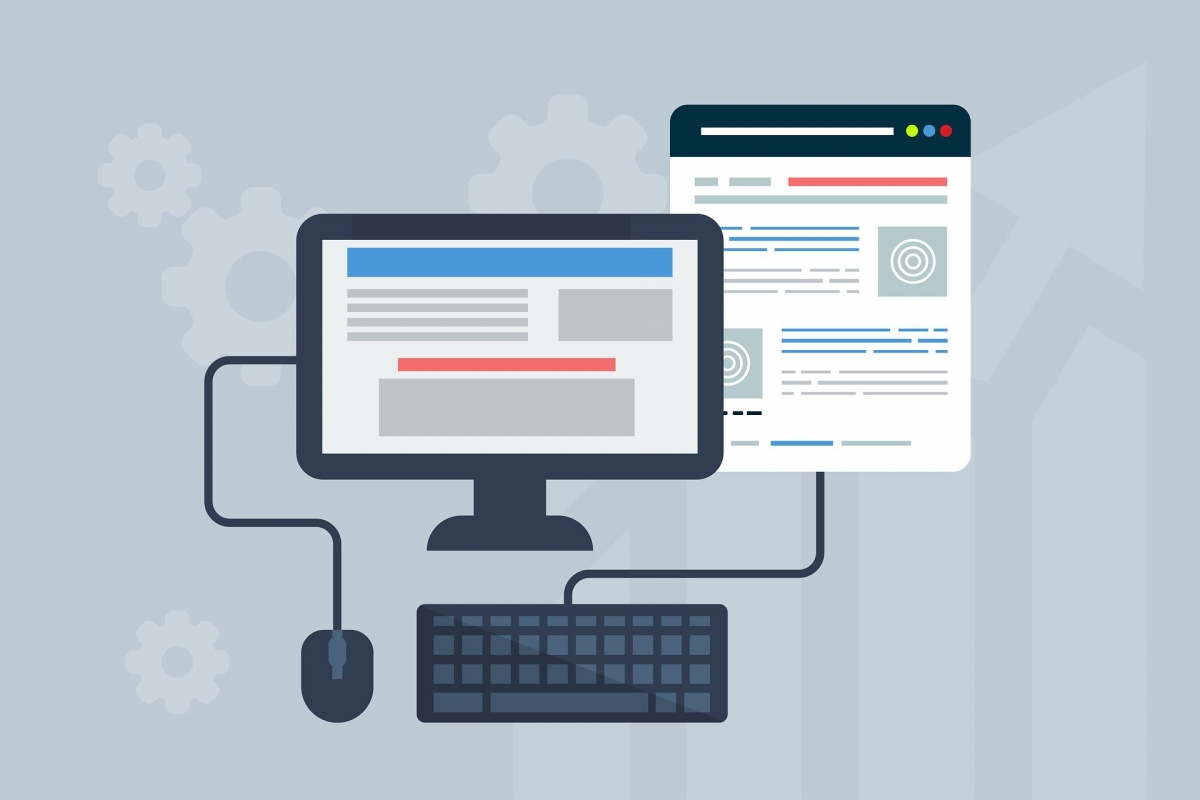A Business Analyst is someone who identifies businesses needs and issues by assessing its systems. This may involve the development of new systems, improving processes, strategy planning or potentially organisational change. Nowadays, the role of a Business Analysis can require you to have many tools available in order to help Business Analysts in their day to day lives. The most commonly used Business Analyst tools are now software based for example, MS Visio, MS Visual Studio, Enterprise Architect and StereoLogic. These packages are designed to produce reports and charts in minutes that previously would have taken hours to do by hand.

Roles and Responsibilities of a Business Analyst
The key responsibilities and role of a Business Analyst are to locate any business issues or inefficiencies and provide recommendations (principally through implementing IT and technological solutions). Corporations translate customers’ needs into new products, services and profits and business analyst help to do this efficiently and effectively. Although the role of a Business Analyst will vary dramatically from industry to industry and from company to company, there are some key elements that they will be responsible for in every role:
- Analyse Requirements – Organising, specifying and modelling the requirements to ensure they are complete and unambiguous.
- Specifying Requirements – Ensuring that the documentation of the requirements is in a layout and format that can be easily shared with and understood by stakeholders.
- Validating and Verifying Requirements – Making sure that the requirements map to the business need being addressed, they are approved by all the appropriate stakeholders and that they meet with relevant quality standards.
- Planning and Monitoring – planning and monitoring the requirements of the system to advance a company’s process.
- Translating and simplifying requirements – improving systems and processes which are easier to navigate and changing requirements, so a wider audience can understand them.
- Elicitation – Uncover the underlying business issues that need to be addressed and discover any information related to the project.
Business Analyst Key Skills
The role of a Business Analyst must have a combination of both soft skills and practical skills. Often working between the IT department and a particular business area means it is essential that a BA has good variety of skills and must be adaptable to the changing environment.
Business Analyst key soft skills include:
- Excellent time management
- Documentation and writing skills
- Listening skills
- Presenting skills
- Problem solving skills
- Critical thinking
The role of Business Analyst will also need to have knowledge of some technical skills that will enable them to carry out basic BA tasks. The following technical skills can be found in the role of a business analyst:
- Knowledge of IT skills such as
- Microsoft office suite – Word, Visio, PowerPoint, Outlook etc.
- Basic knowledge of iOS and Windows
- Testing skills
- Understanding of programming languages
- Knowledge of different databases
Companies will expect you to have knowledge or experience in the following technical areas as part of the role of a Business Analyst, however this may not always be the case, especially if you’re just starting off in the role.
Search Business Analyst Jobs